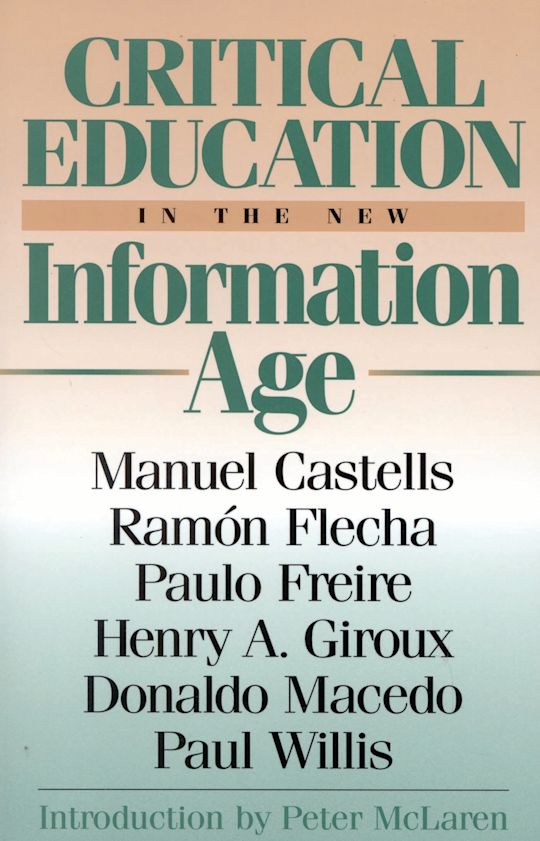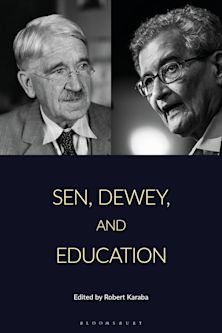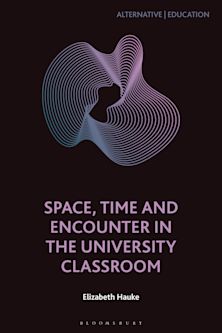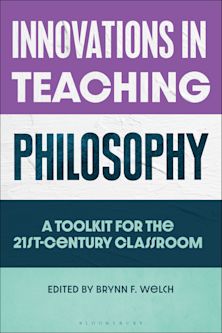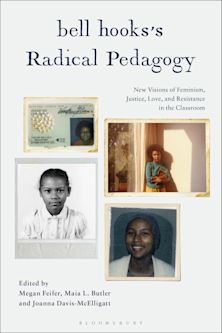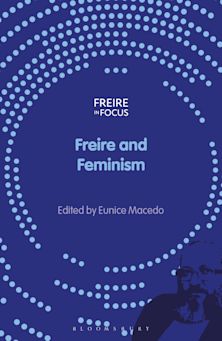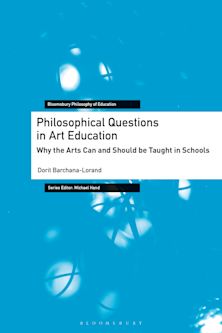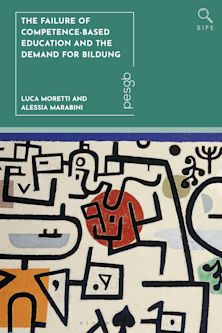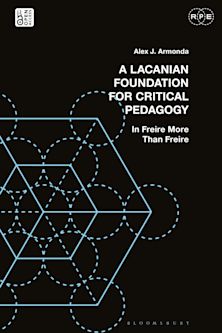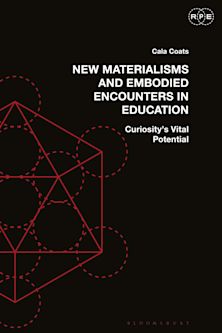- Home
- ACADEMIC
- Education
- Philosophy of Education
- Critical Education in the New Information Age
Critical Education in the New Information Age
Critical Education in the New Information Age
For information on how we process your data, read our Privacy Policy
Thank you. We will email you when this book is available to order
You must sign in to add this item to your wishlist. Please sign in or create an account
Description
Essays by some of the world's leading educators provide a revolutionary portrait of new ideas and developments in education that can influence the possibility of social and political change.
The authors take into account such diverse terrain as feminism, ecology, media, and individual liberty in their pursuit of new ideas that can inform the fundamental practice of education and promote a more humane civil society. The book consolidates recent thinking just as it reflects on emerging new lines of critical theory.
Table of Contents
Chapter 2 Flows, Networks, and Identities: A Critical Theory of the Informational Society
Chapter 3 New Educational Inequalities
Chapter 4 Education and Community Involvement
Chapter 5 Border Youth, Difference, and Postmodern Education
Chapter 6 Our Common Culture: A Poisonous Pedagogy
Chapter 7 Labour Power, Culture and the Cultural Commodity
Product details
| Published | 28 Jan 1999 |
|---|---|
| Format | Ebook (Epub & Mobi) |
| Edition | 1st |
| Extent | 184 |
| ISBN | 9780742575691 |
| Imprint | Rowman & Littlefield |
| Series | Critical Perspectives Series: A Book Series Dedicated to Paulo Freire |
| Publisher | Bloomsbury Publishing |
About the contributors
Reviews
-
This book brings together a diverse range of papers, all of which are worthy in their own right.
Gary Pattison, Network--Newsletter Of The British Sociological Assn., No.74
-
A useful collection of articles by some of the most important representatives of 'Critical Pedagogy' . . . a valuable source that I would recommend to others to read.
Paula Allman, University of Nottingham, Studies In The Education Of Adults
-
Could well become a classic piece.
Ralph T. Mason, Journal Of Educational Thought(Jet)
-
A clear analysis of the present informational society in which the ability to select and acquire new information is crucial, and the critical perspective needed to create educational proposals that will help move society toward values of equality and solidarity.
MSG, Harvard Educational Review









